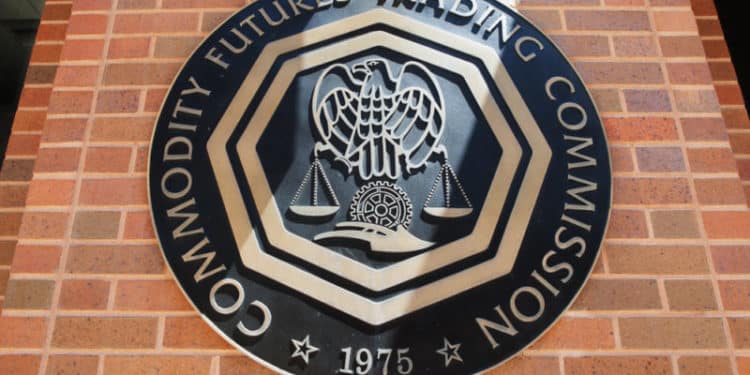On March 8, Rostin Behnam, Chairman of the Commodity Futures Trading Commission (CFTC), testified before the U.S. Senate Committee on Agriculture, Nutrition, & Forestry. During his testimony, Behnam expressed his belief that the fund which finances the CFTC Whistleblower Program needs a “long-term fix.”
The CFTC Whistleblower Program offers monetary awards and anti-retaliation protections to individuals who voluntarily provide the agency with information on commodities fraud. Since the program was established in 2010, whistleblower tips have allowed the CFTC to recover over $1 billion from fraudsters. The program has in turn paid out over $330 million in whistleblower awards.
The program’s success has caused issues, however. The fund used to finance the program, the Consumer Protection Fund, is entirely financed through sanctions paid by commodity fraudsters. The Fund has a strict cap on how many sanctions may be deposited into the fund at once. According to whistleblower advocates, the Fund’s cap, which was instituted with the founding of the program in 2010, does not sufficiently accommodate the exponential growth of the program. Whistleblower advocates have thus called on Congress to pass legislation addressing the CFTC’s funding crisis.
In July 2021, President Biden signed a bipartisan bill which saved the CFTC Whistleblower Program from financial collapse. The CFTC Fund Management Act, sponsored by Senators Chuck Grassley (R-IA), Maggie Hassan (D-NH), Joni Ernst (R-IA), and Tammy Baldwin (D-WI), created a fund specifically for the operations of the CFTC Office of the Whistleblower, separate from the fund used to pay whistleblower awards. The law ensures the Office can continue to operate even if large awards deplete the award fund but was just seen as a short term fix.
“The Dodd-Frank Act established the Customer Protection Fund, which supports our Whistleblower Program and the Office of Customer Education and Outreach,” Chairman Behnam explained in his opening testimony. “As this Committee knows, the overwhelming success of the Whistleblower Program has led to the potential for disruptions in these two vital offices.”
“In addition to the importance of a long-term fix to avoid one-time depletions greater than the total balance of the fund, I believe amendments to the statutory provisions describing the permitted uses of the Customer Protection Fund by the Office of Customer Education and Outreach would allow the Commission to implement a host of new investor protection programs and systems and information aimed at ensuring American families have the knowledge and tools to not only protect themselves from fraud and manipulation, but to more fully engage with the Commission and the markets we oversee,” Behnam continued.
Later on in the hearing, Senator Grassley spoke on the success of the CFTC Whistleblower Program and the strain this has put on the Consumer Protection Fund. Grassley then asked Behnam if he would be committed to a permanent solution to the program’s funding issues.
“I am pleased that you noted in your testimony about the whistleblower program being successful,” Grassley began. “Whistleblowers are essential in helping the agency root out wrongdoing in the commodity trading industry and returning billions of dollars to the taxpayers. As one of the senators who led the original effort to establish the program in 2010, the program has accomplished much, however, in many ways it has at times become a victim of its own success. Due to defects in the way the CFTC whistleblower fund is set up there may not always be sufficient funds to pay whistleblower awards.”
Grassley then echoed Behnam’s testimony by claiming that the fund for the CFTC Whistleblower Program “needs a permanent fix.”
Further Reading:
Biden Signs Bill Saving CFTC Whistleblower Program From Financial Collapse
Commodity Fraud Whistleblowers: Emergency Congressional Fix Needed to Save Successful Program




